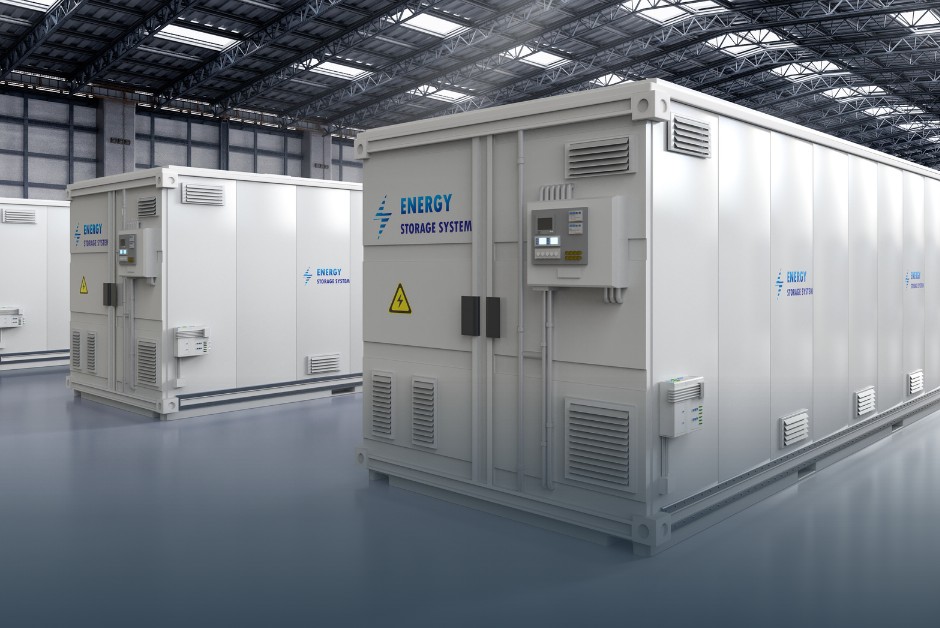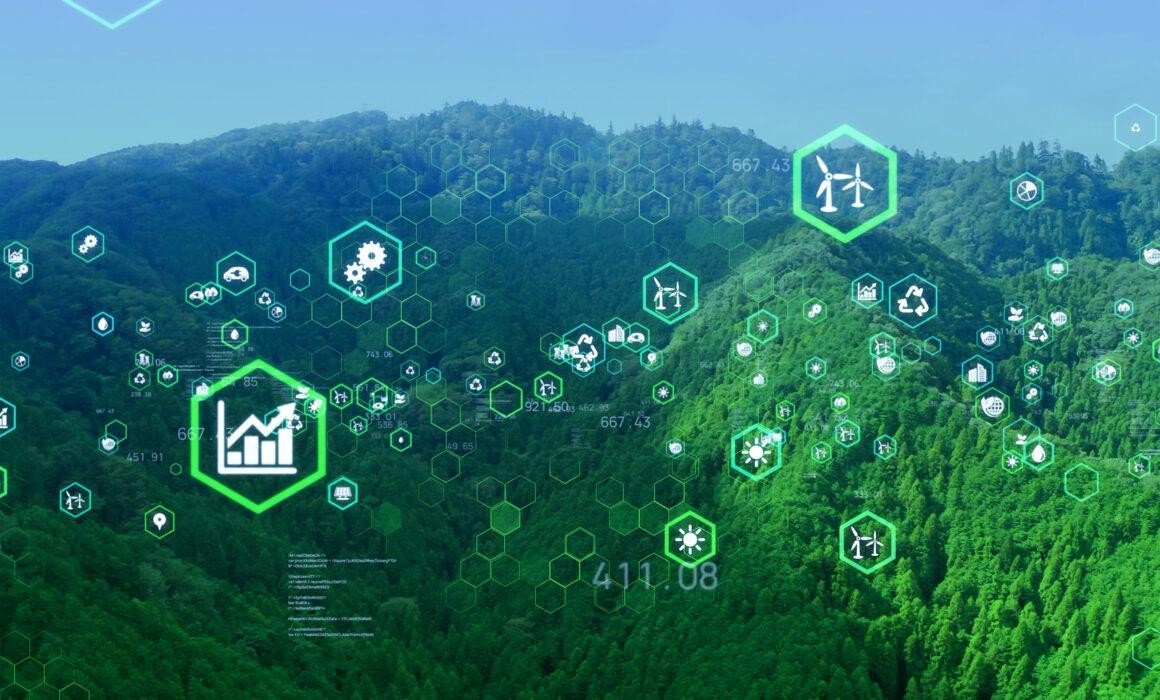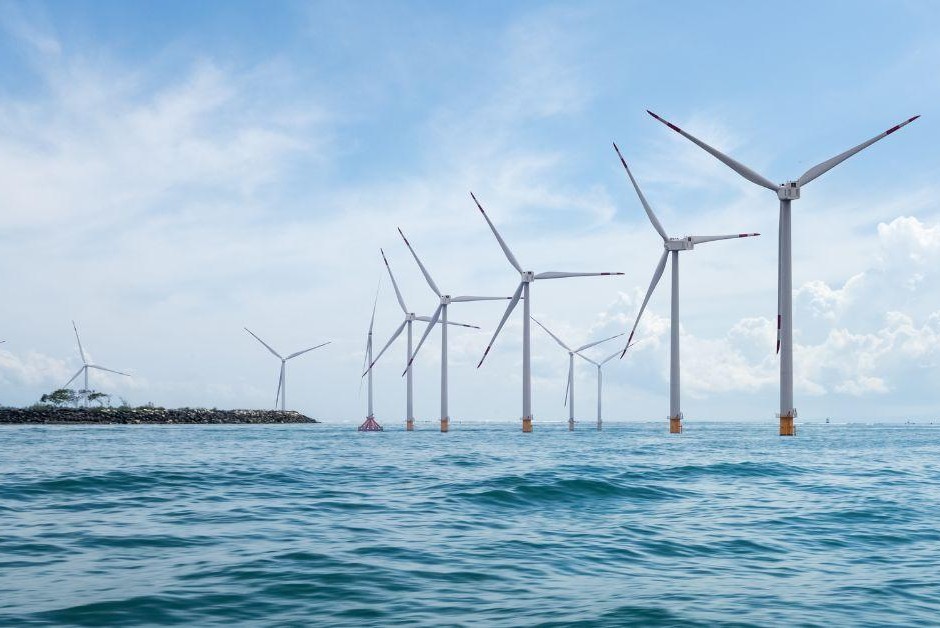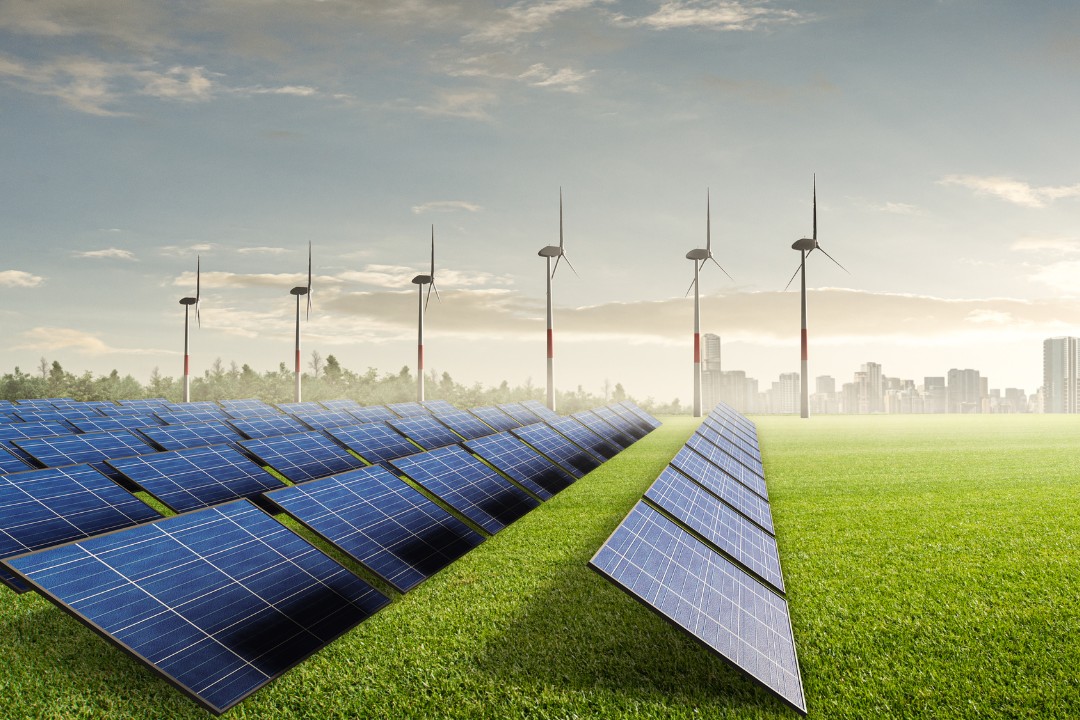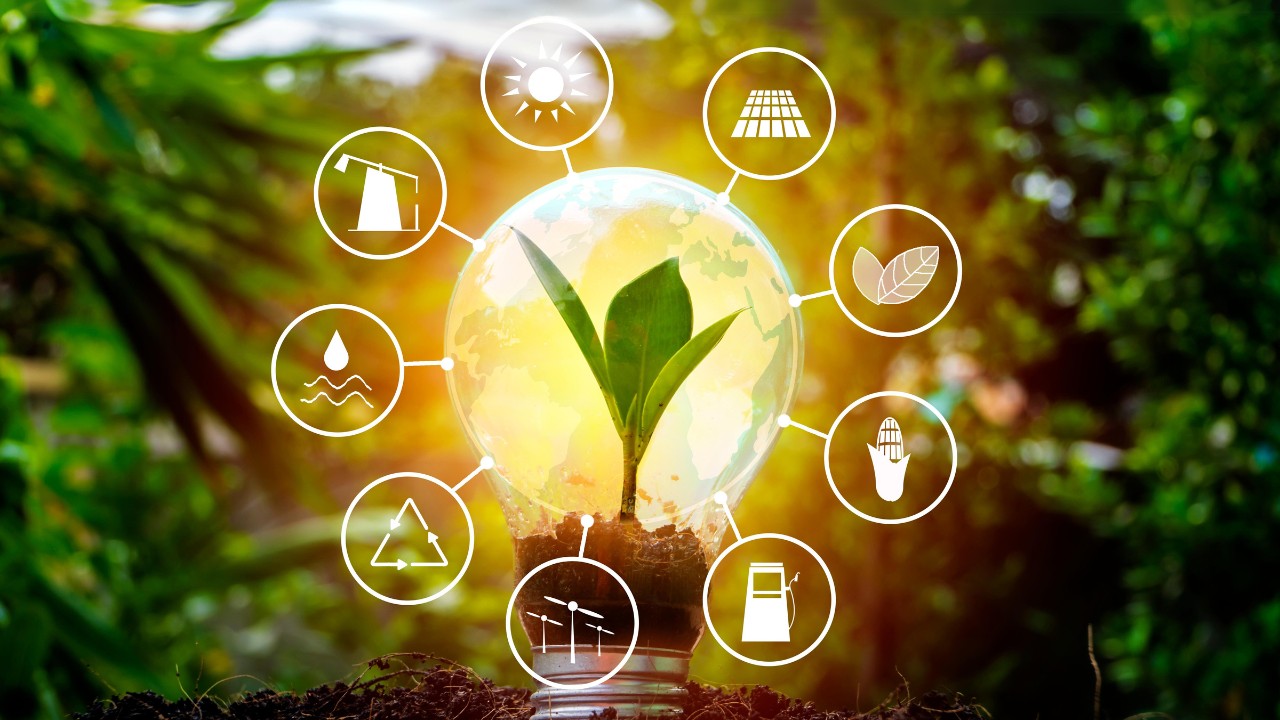
The Impact of Renewable Energy Technologies on Global Energy Efficiency
In a world grappling with growing energy consumption, a notable shift occurred in 2014: global carbon emissions linked to energy consumption remained stable even as the global economy expanded. This stabilization can be attributed in part to the rising influence of renewable energy and advancements in energy efficiency, both of which have witnessed remarkable acceleration in recent years.
Renewable Energy's Remarkable Evolution
Renewable energy has surpassed expectations, experiencing a soaring demand on a global scale, particularly in developing nations. Notably, the capacity and production from all renewable energy technologies have surged, aided by significant cost reductions and achieving parity in several markets. As revealed in the REN21 Renewables 2015 Global Status Report, renewable energy targets and support policies are now prevalent in at least 164 and 145 countries, respectively.
Rising Momentum in Energy Efficiency
Concurrently, energy efficiency measures have gained traction worldwide. Global energy intensity has decreased, showcasing an annual reduction rate of about 1.25% between 1990 and 2013. Various regions globally achieved aggregated energy intensity improvements during this period. Energy efficiency targets are now in effect at all levels of government. This progress is evident through standards, labelling programs, and vehicle fuel economy standards, covering a significant portion of the global light-duty vehicle market.
Unlocking Synergies for a Sustainable Future
The integration of renewables and energy efficiency opens up immense possibilities. By embracing technical synergies, we can enhance overall system efficiency and minimize environmental and economic costs. Renewables, particularly those not reliant on fuel inputs like wind, solar, and hydropower, inherently enhance efficiency by eliminating the need for thermal conversion. These sources synergize with energy efficiency measures, ensuring the delivery of low-energy density renewable sources to meet growing energy needs.
In fact, the increased deployment of renewables can reduce energy intensity in certain countries by 5 to 10% by 2030, ultimately contributing to a 25% reduction in total global energy demand by 2030. This phenomenon is further examined in a recent working paper by the International Renewable Energy Agency (IRENA) and the Copenhagen Centre on Energy Efficiency (C2E2).
Policy Synergies for a Sustainable Future
In the policy realm, the integration of renewables and energy efficiency is a burgeoning trend. Policymakers are progressively aligning their efforts by encouraging renewables and energy efficiency in parallel, integrating them, or mandating their joint implementation. These combined targets have been adopted across various levels of government, enhancing the prospects of achieving sustainability goals.
A Collaborative Journey Ahead
To expedite positive trends, we need to recognize and leverage the synergies between renewable energy and energy efficiency. Policymakers must establish stable and adaptable policy frameworks, bolstered by institutional, financial, legal, and regulatory support mechanisms. Recognizing the potential of distributed renewable energy markets in developing nations and improving access to upfront finance can further drive progress.
By embracing these synergies, we pave the way for sustainable energy for all, moving towards a future powered by collaboration and innovation.

